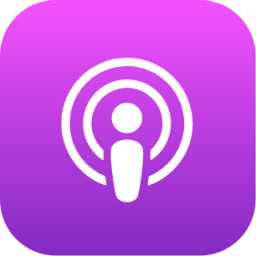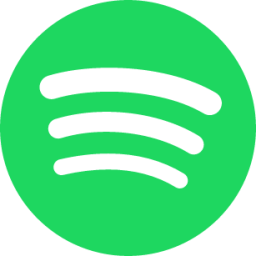Listen to the Homily
Read the Homily
They say that breakfast is the most important meal of the day. The reason is simple. You have been fasting all night and the first meal of the day breaks the fast. So what do you suppose is the most important food item you can put in your body after a fast? Certainly not donuts or Lucky Charm cereal. Coffee is not at the top of the least either. It is water. Your body needs to hydrate. Why did it take me fifty-eight years to figure that out? I used to eat donuts and sweet pastries for breakfast but then I would have a sugar crash by mid-morning. Then I went to coffee. Loved it, but I would get the shakes and feel nervous all day. I quit coffee and started drinking only water because nothing goes well with water in the morning. My body loved it. I experienced no more crashes; I was energized. Just what I needed. So why did it take me fifty-eight years to figure this out? No one told me and no one did it. That is why I read the Bible. It tells me stuff that no one else says or does. It gives me the best path to the best life to live.
Take this example from the Book of Amos. Amos was in Bethel. The priest of Bethel kicked Amos out of the city, telling him never to return. Amos’s response was a bit odd. Instead of telling the priest he was from God, he told the priest, “I am not a prophet.” Why did he say that? One would think prophetic authority would add some persuasion to the argument. No. Amos instead said he was a farmer. Why? If a simple farmer from the south could see the writing on the wall, then the northerners would be in real trouble.
On day God told Amos to go to the north and talk to the people. The farmer said to God. “I am not a prophet, I don’t know what to tell these people. I am a farmer; I feed cows all day. You need an expert theologian or a priest, someone with a trained tongue.” God replied, “Just go, and when you get there you will know what to say.” So the farmer went north and he noticed that everything was rich with fertile fields. It resembled Pennsylvania country. The whole land had green vegetation because of generous rainfalls. He also looked into the fields and saw the “Cows of Bashan,” feeding on the rich green vegetation. To a farmer, these cows would be most beautiful, big, plump, and healthy animals. They were not like the scrawny cows back home. He then turned to the people and told them that they were the Cows of Bashan. Now, why did Amos call them cows of Bashan? Not because they were all overweight, but because they were ready for the slaughter. There were a lot of bad guys in the ancient world and they were always on the lookout for hoarded wealth. And the north had plenty of it. If only they had shared their wealth with those in need rather than hoarding it!
Now let’s go back to Bethel. The priest thought that the north had been blessed with wealth because its people were pleasing to God with their impeccable liturgical services. Amos offered a message that challenges the priest’s claim. God had indeed blessed the north with a rich abundance, but the wealth was not intended for them. It was meant to be used as a resource to help people.
When I read this story in the Bible I learn something of great value. Whenever God gives me something–a talent, a skill, resources–I know that it is not for me, alone. It is given to me so I can help people with it. Read the Bible and you will not have to wait fifty-eight years to figure out how to live life well.
Back to All Homilies

